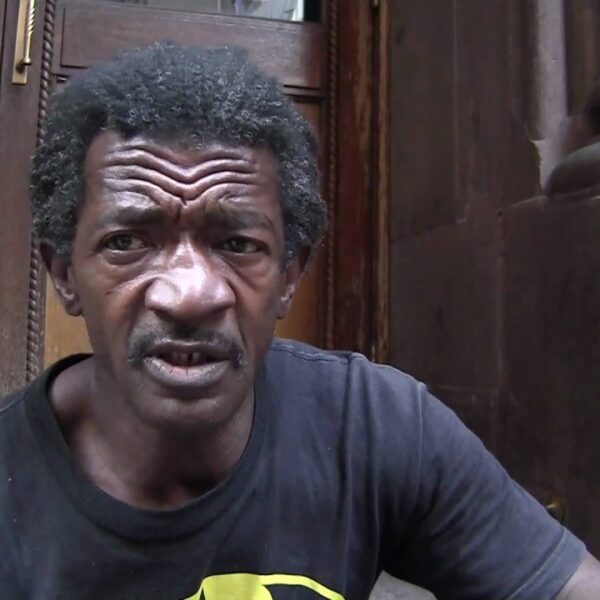Four hundred four.
That’s the number of homeless people that died in New York City between July 2018 and June 2019. New York City’s Department of Social Services recently released its report, and the numbers are tragic. Despite political promises to curb homelessness and a five-year plan to end long-term homeless in the city, there remains an incredible amount of work to be done.
This is the largest amount of homeless deaths recorded since recordkeeping began in 2006. It marks a dramatic increase over the previous year. The top five causes of death were:
- Drugs
- Heart disease
- Alcoholism
- Accidents
- Cancer
Fifteen suicides were recorded. There were also 10 murders, including four during one night.
The DSS report estimated the number of homeless people living rough or in shelters at 70,000, meaning that 14% of America’s homeless population resides within New York City limits. This number is increasing year over year, despite Mayor de Blasio’s 2014 statement that “an ever-growing homeless population is unacceptable to the future of New York City. It will not happen under our watch.” He wasn’t the first well-intentioned mayor to overpromise and under-deliver. Unfortunately, he won’t be the last.
Something Wrong in the Big Apple
While some may cite drug-related deaths as an indictment against homeless people, it’s important to note these deaths are on the rise across any number of demographics. Drug-related deaths are a human problem, not a homelessness problem.
Many experts cite the rise in fentanyl—both its popularity and availability—as a main contributing factor to the uptick in deaths. Back to New York City, Health + Hospitals, the city’s public health system, describes the toll that the opioid crisis has taken this way:
“The presence of fentanyl in the NYC drug supply has dramatically increased the number of overdose deaths, and fentanyl is now the most common drug involved in overdose deaths. You can now buy for $5 fentanyl more powerful than $50 worth of heroin would have been … more than 30 years ago.”
“A lack of affordable housing” is a common refrain in conversations regarding homeless deaths. New York City is not above this criticism. As a report from the NY Times states, “even as the city is in the midst of record lows in crime and an economic surge, it feels less affordable than ever.”
Mayor de Blasio pledges to legalize basement apartments in an effort to increase affordable/available housing. But there remains an oceanic gulf between the city’s richest and poorest residents.
“In Manhattan, the homeless shelters are full and the luxury skyscrapers are vacant.”
So begins a damning report from The Atlantic on NYC’s housing crisis. Luxury skyscrapers seemingly go up at the same rate as the city’s homeless. The city loses 300 people every day as home ownership is far too often a dream rather than reality. The middle class is feeling squeezed. The lower class is getting crushed.
404—Not Found
If that number sounds familiar, it’s because you’ve likely run across it before. Without getting too technical, Internet users that try to find a page that doesn’t exist run into a splash such as the one found below. The address the user entered is wrong, or perhaps more frequently, there’s a problem on the website itself. The latter is frustrating, and there’s not much a user can do about it.
For New York City’s homeless, affordable housing can seem like a page not found. This isn’t just a frustration—life under-delivering on expectations. Four hundred four homeless people are now in every sense of the words not found. Anonymous in life, lost forever in death—these were sons, daughters, brothers, sisters, parents, students with dreams of a better life. They were us. And now they’re gone.
We need to do better. Here’s hoping that NYC’s five-year plan to end homelessness meets expectations. Tens of thousands of people cannot afford for it not to.













